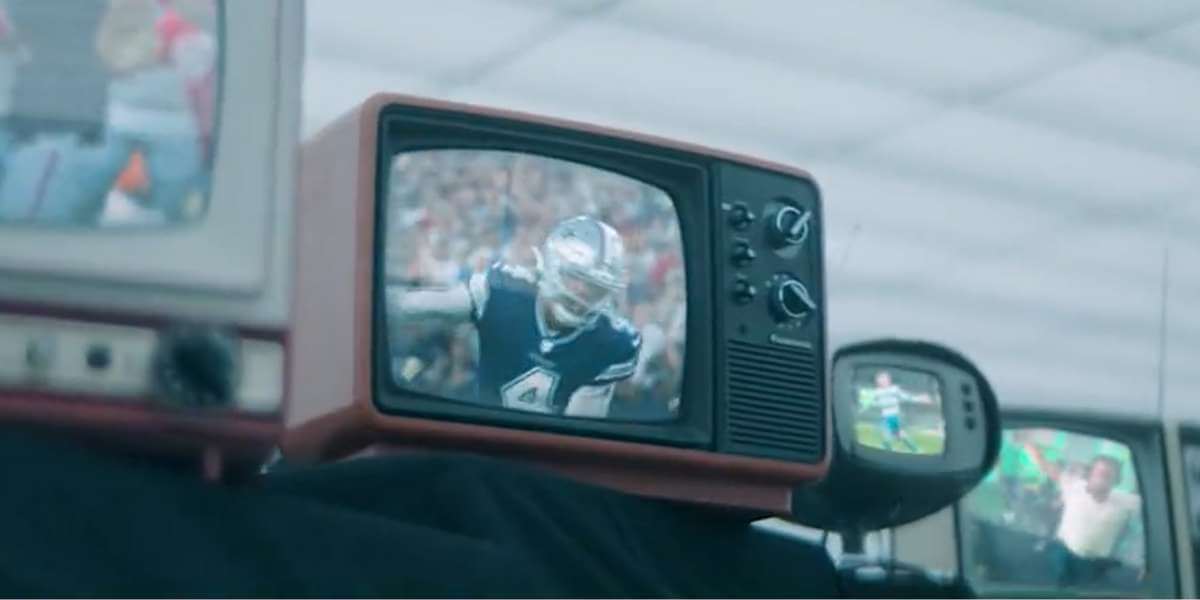Creating a commercial can be a complex and challenging process. Whether you’re working with a big or small budget, there are several key factors to consider before filming.
Here are 10 things to consider before you make a commercial:
1. Define your target audience
The first and most important step in creating a successful commercial is to define your target audience. Who are you trying to reach with your message, and what do you want them to do as a result of seeing your commercial? Understanding your target audience will help you craft a message that resonates with them and encourages them to take action.
2. Develop a clear message
Once you’ve defined your target audience, it’s time to develop a clear message. What is the key takeaway that you want viewers to remember after watching your commercial? Whether it’s promoting a product, raising awareness about a cause, or encouraging viewers to visit a website, your message should be concise, memorable, and compelling.
3. Choose the right format
There are several different formats to consider when creating a commercial, including live-action, animation, and mixed media. Each format has its own advantages and disadvantages, and the one you choose should be based on your target audience, message, and budget.
4. Select the right location
Location is an important factor to consider when filming a commercial. Whether you’re shooting in a studio, on location, or a combination of both, the location you choose should complement your message and target audience. Consider factors such as lighting, sound, and accessibility when selecting a location.
5. Choose the right cast and crew
The cast and crew you choose can make or break your commercial. It’s important to choose actors and crew members who have experience in the type of commercial you’re creating. Good communication and teamwork are essential for a successful commercial shoot.

6. Consider legal and logistical issues
It’s important to consider legal and logistical issues such as permits, insurance, and safety regulations. You should also ensure that you have the right equipment on hand to handle any technical or logistical issues.
7. Create a realistic budget
Creating a commercial can be expensive. It’s important to take into account all of the costs involved. This includes not only production costs such as equipment, crew, and location fees, but also post-production, editing, and special effects.
8. Timing and Scheduling
Before starting to film a commercial, it’s important to consider timing and scheduling. Ensure that everyone involved in the shoot, including cast and crew, are available on the same dates and times. This can be challenging if you’re working with actors or crew members who are located in different cities or countries. Planning ahead and creating a detailed shooting schedule can help you stay on track and avoid delays.
9. Equipment and Technology
Another important factor to consider before filming is the equipment and technology you’ll be using. Depending on the format and style of your commercial. You may need to invest in specific equipment such as cameras, lighting, and sound equipment. It’s important to ensure that you have the right equipment for the job and that it’s in good working order before the shoot. You should also consider any special effects or post-production techniques you may want to use and make sure that you have the necessary software and equipment to achieve the desired results.
10. Test and refine your message
Once you’ve filmed your commercial, it’s important to test it with your target audience and refine your message as needed. This may involve making changes to the script, editing the footage, or adjusting the music and sound effects. Testing and refining your message can ensure that your commercial is as effective as possible in reaching your desired goals.
Creating a successful commercial requires careful planning, preparation, and execution. By defining your target audience, developing a clear message, choosing the right format, location, cast, and crew, considering legal and logistical issues, creating a realistic budget, and testing and refining your message, you can increase the likelihood of creating a commercial that resonates with your audience and achieves your desired goals.
Follow us on social media:



